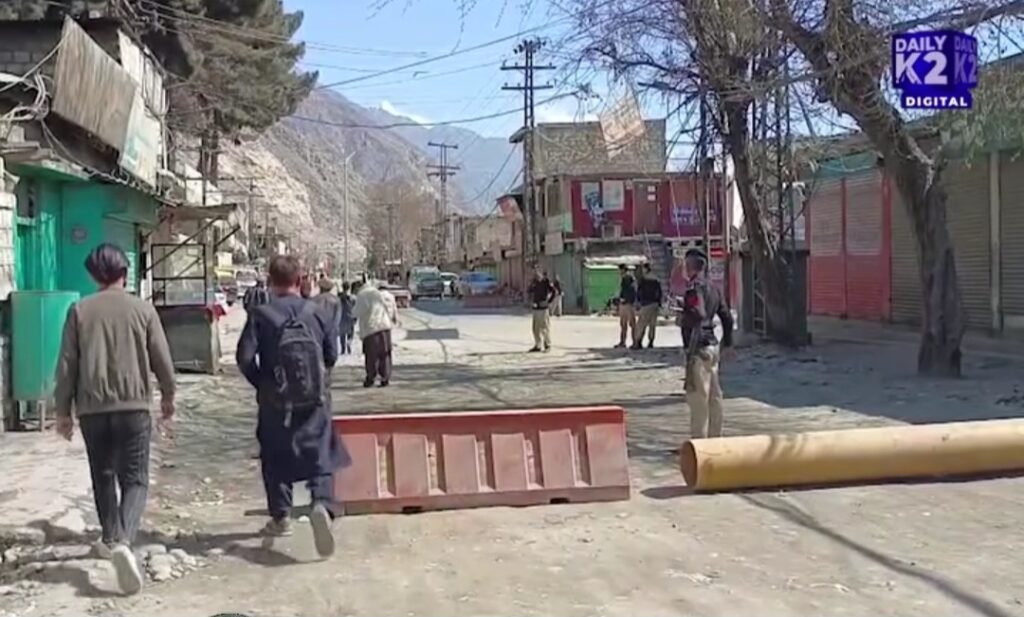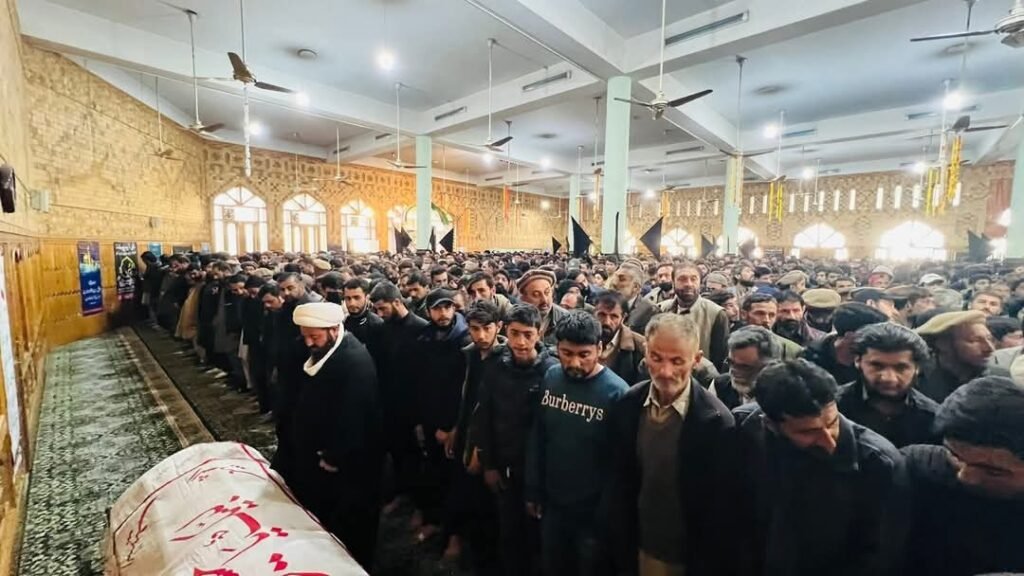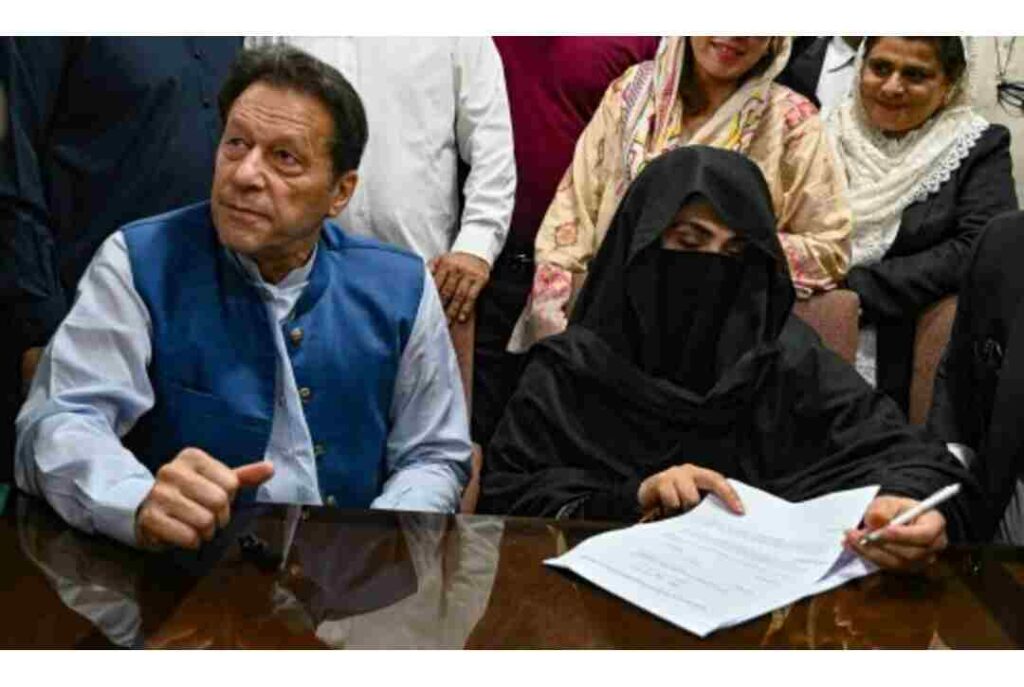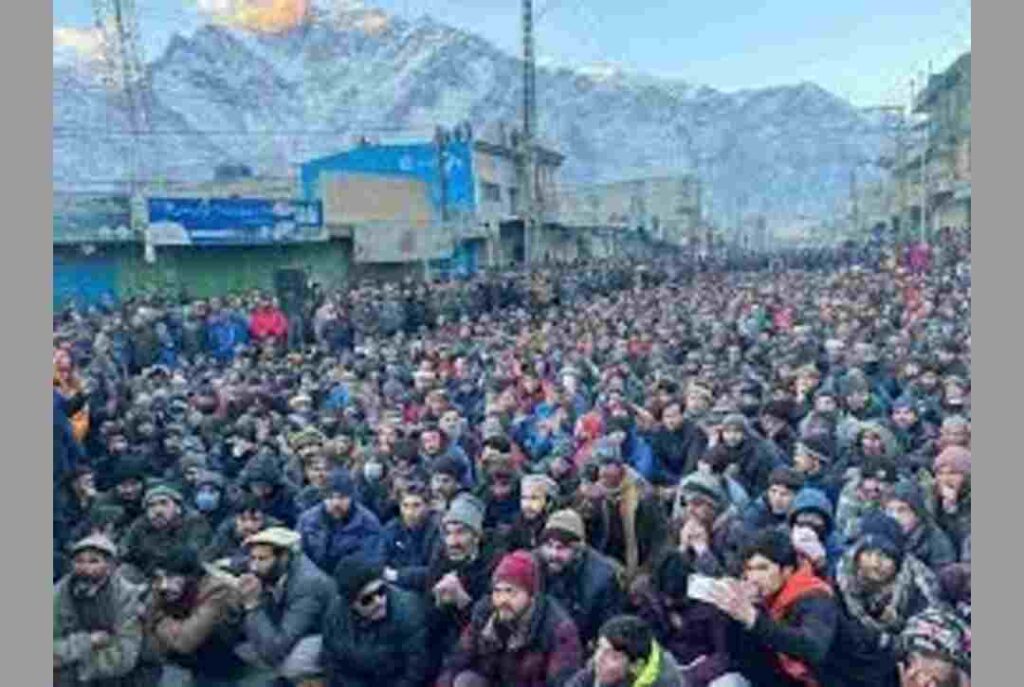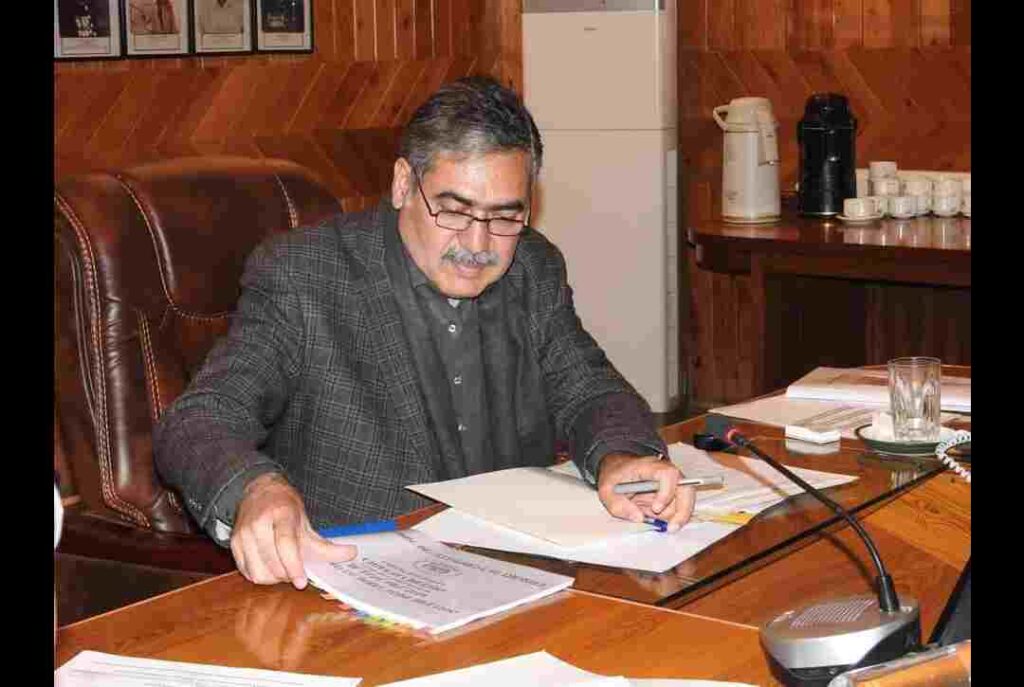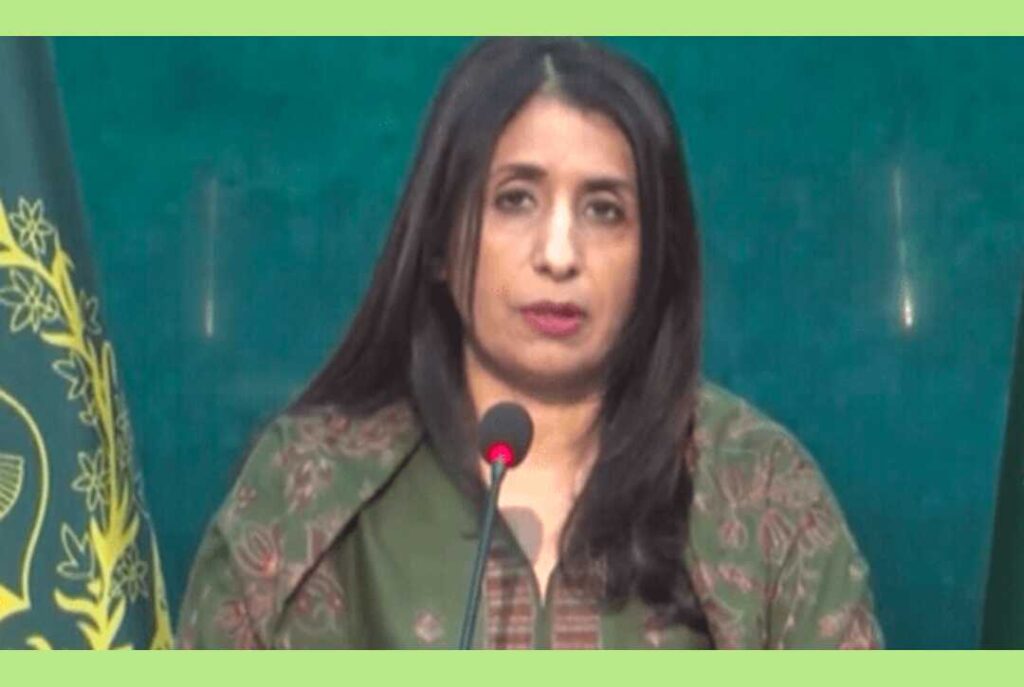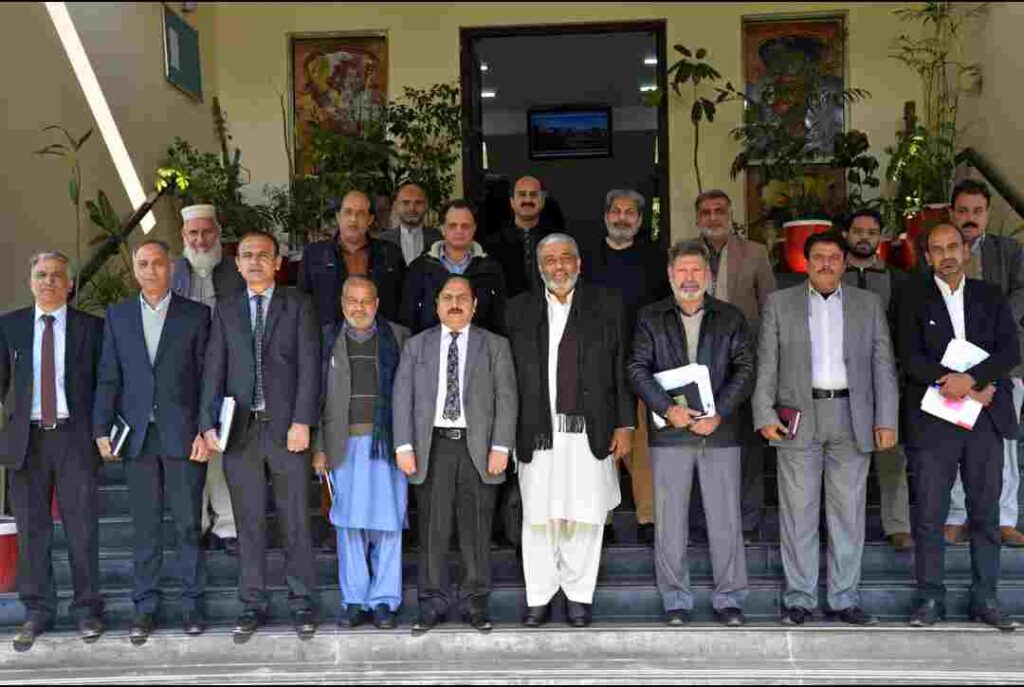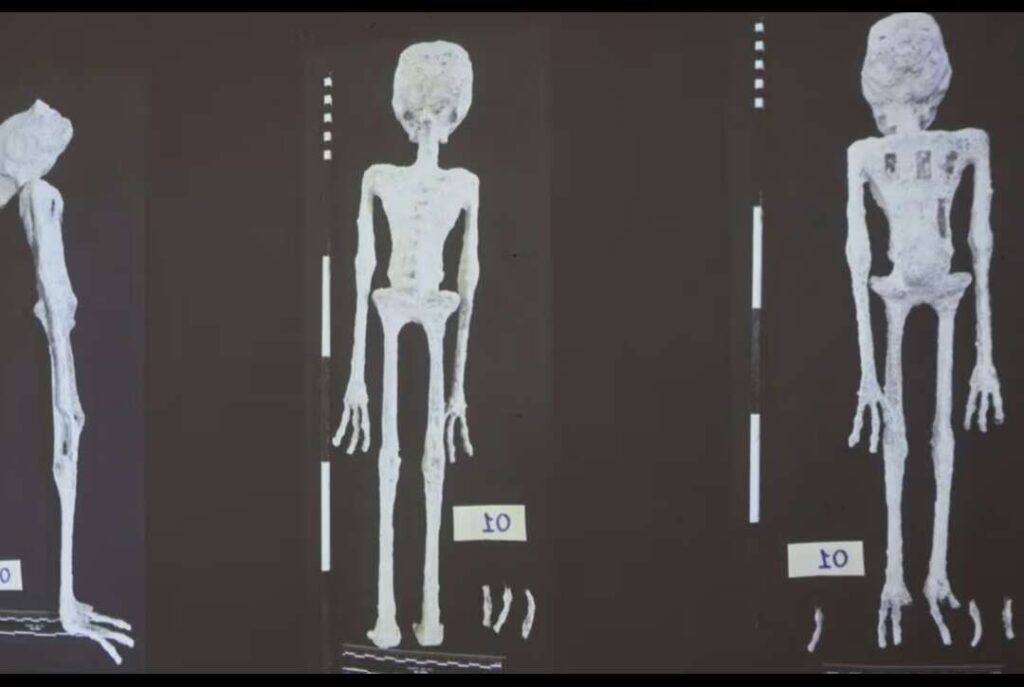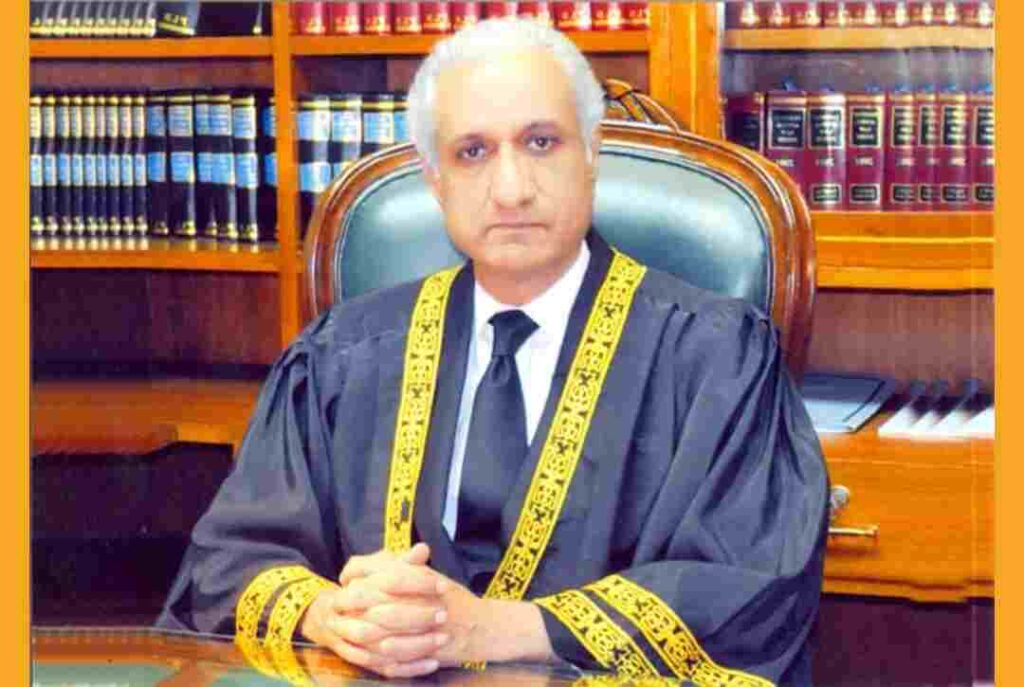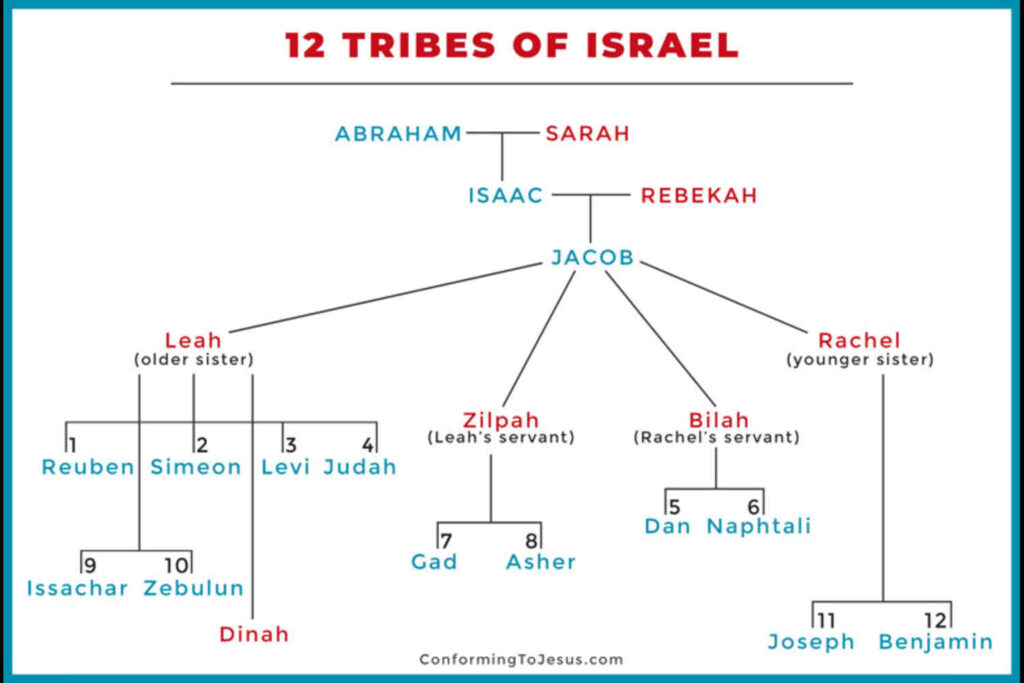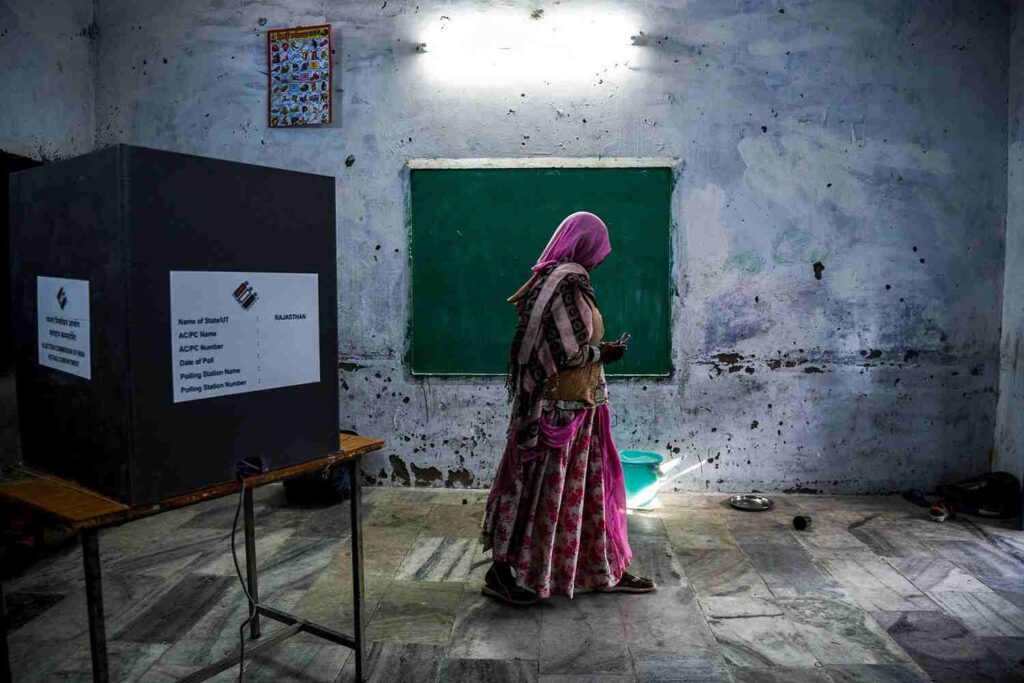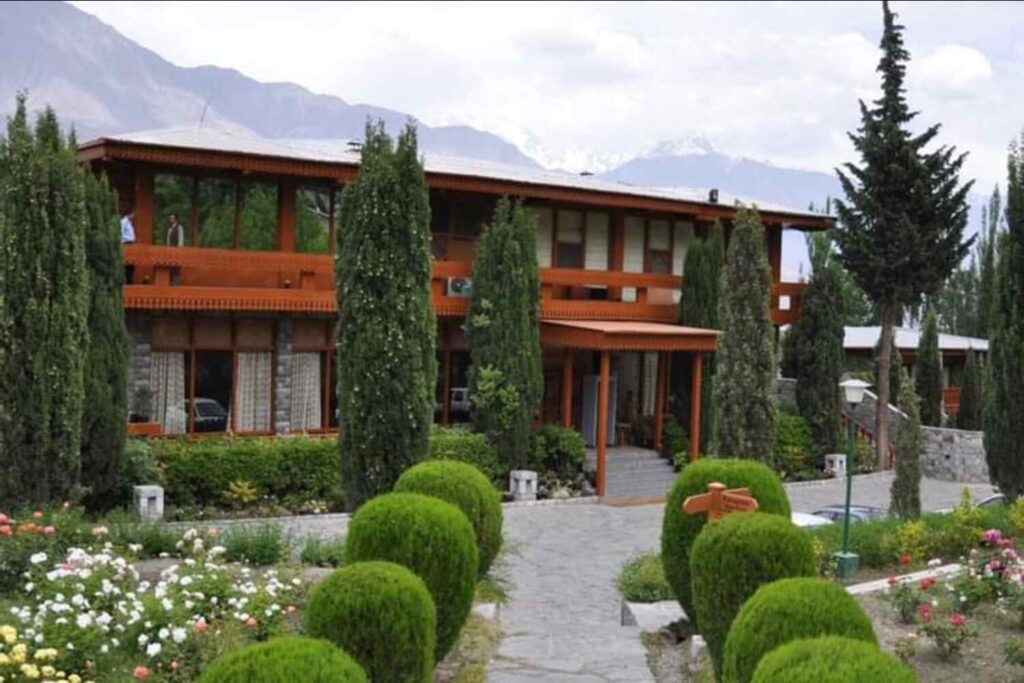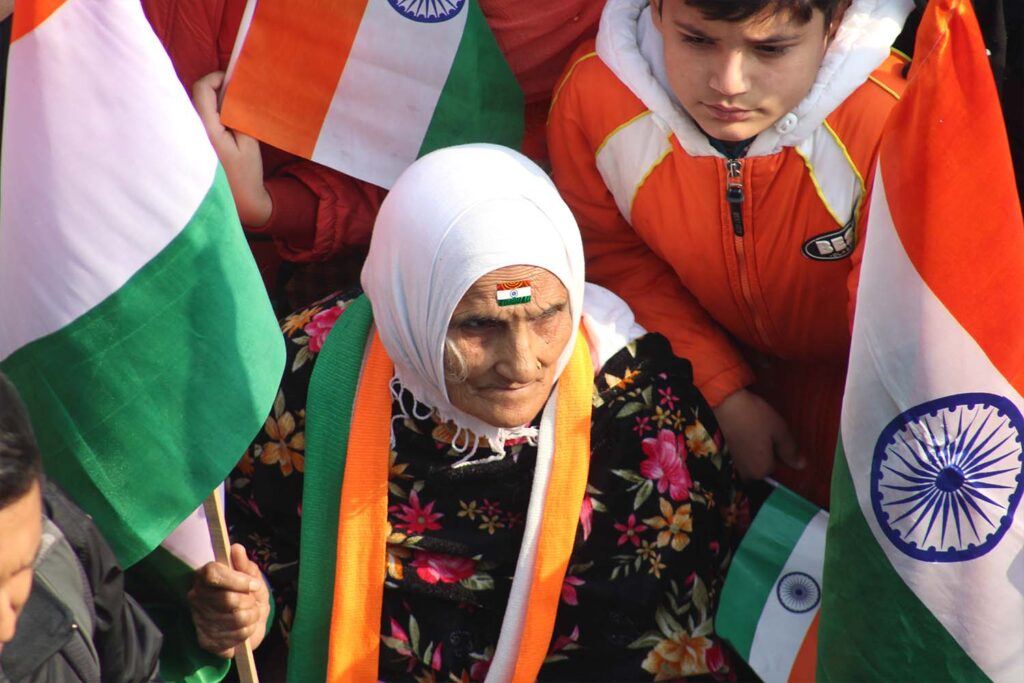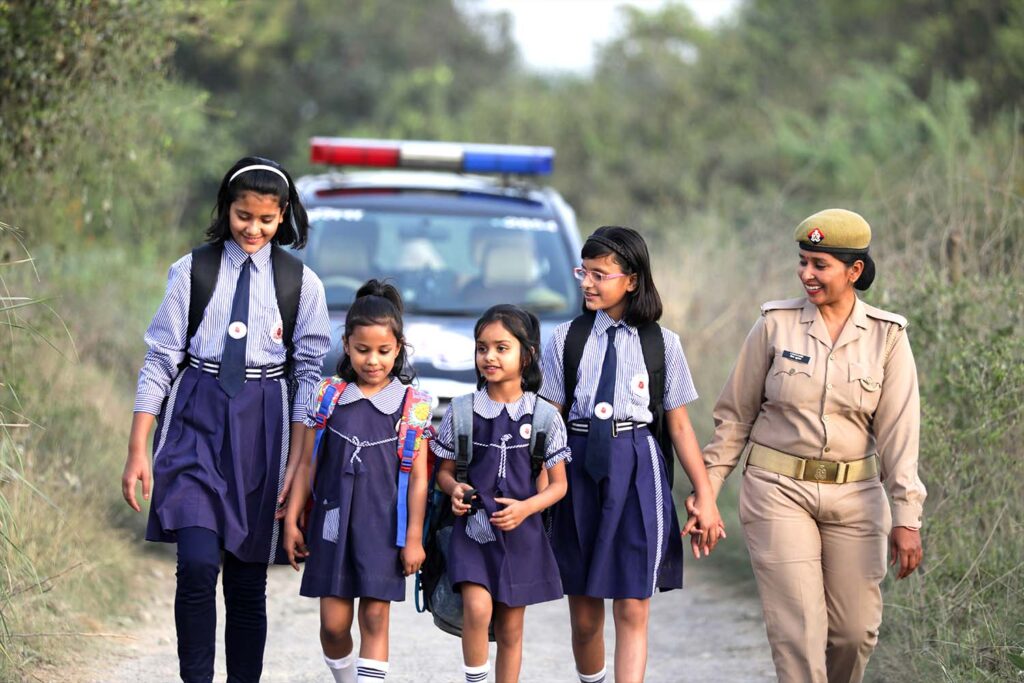How a Dead Woman Won Election in India
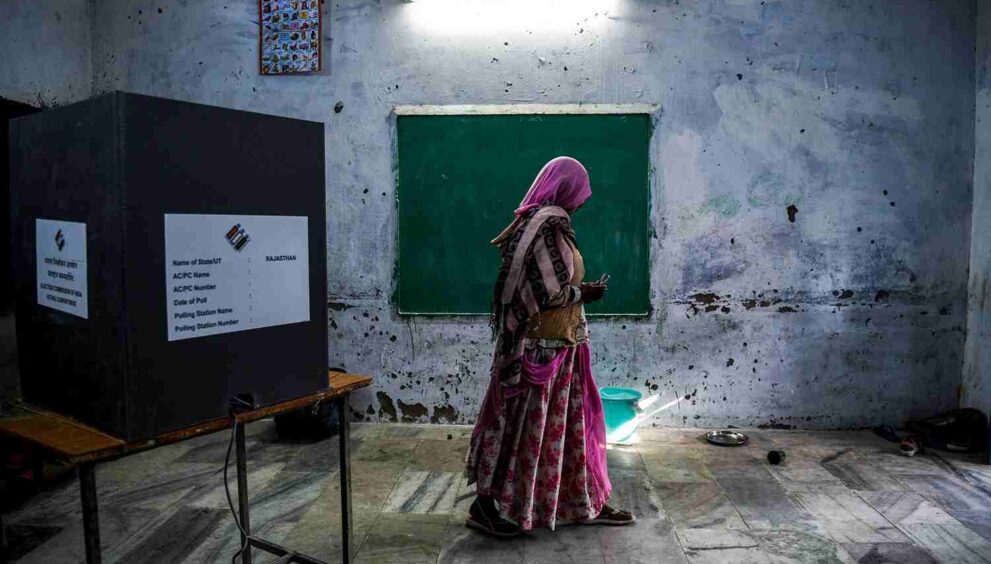
In a surprising turn of events, a dead woman won election in India’s Uttar Pradesh state — where she emerged as the winner of a municipal civic body seat.
Ashiya Bi, a 30-year-old first-time candidate, received nearly 44 percent of the votes, beating her rivals by a wide margin. How did this happen? And what does it say about the Indian electoral system and the voters’ sentiments?
Ashiya Bi was a popular figure in her community, known for her friendly and calm demeanor. She had campaigned vigorously for the election, promising to improve the basic amenities and infrastructure of her ward. She had also won the support of many influential people, including local religious leaders and politicians. However, fate had other plans for her. She fell ill with an acute lung and abdominal infection and died on May 3, just 12 days before the polling day.
Read more: Muslim man killed in India for possessing cow meat
Her husband, Muntazim Qureishi, informed the election officials about her demise, but they said there was no provision to remove her name from the ballot paper or to postpone the election. According to district officer Bhagwan Sharan, “Once the electoral process begins, it cannot be halted or paused.” Therefore, Ashiya Bi remained a valid candidate in the eyes of the law.
But what about the eyes of the voters? Did they know that she was no more? And if they did, why did they still vote for her? According to some reports, many voters were unaware of her death until they reached the polling booth and saw her photo with a garland on it. Some were shocked and confused, while others were moved by her tragic story. Some voters said they decided to vote for her as a sign of respect and admiration for her work and personality. Others said they wanted to honor their promise of support that they had given her before she died. Some also said they voted for her out of sympathy or protest against the other candidates.
Whatever their reasons were, the voters made history by electing a dead woman to a public office. This is not the first time such a thing has happened in India, though. In 2001, a man named Lal Bihari won a state assembly seat in Uttar Pradesh after he was declared dead by his relatives who wanted to usurp his land. He had fought for 19 years to prove that he was alive and finally got his name restored in the voter list. He then contested and won the election as an independent candidate.
The case of Ashiya Bi, however, is different from that of Lal Bihari. The dead woman won election because of a legal error or a bureaucratic glitch.
She won because of the emotional bond she had forged with the voters and the respect she had earned from them. Her victory shows that sometimes personal, familial and community loyalties can outweigh political affiliations and ideologies in India’s diverse and complex democracy. It also shows that sometimes death is not the end of life, but a new beginning.

 English
English 